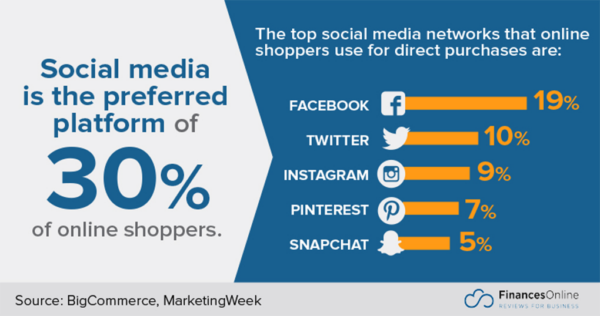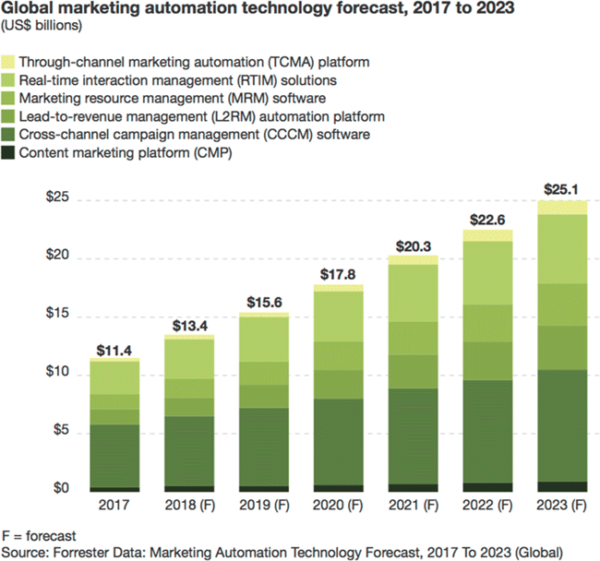If you work in ecommerce, particularly in a family-run, small, or medium-sized business, you’ll see how much repetitive work there is to handle. In fact, relatively minor tasks can take up a lot of your time, making you feel disconnected from the real decisions and goals in growing your business.
Time is truly one of the biggest limits in a person’s or a business’s life. If we had all the time we wanted, we could achieve so much more. Sadly, we can’t create or buy extra time, and once we use time, it’s lost for good.
While repetitive, simple tasks have value – in fact, things like processing payments and updating inventory are the bread and butter of much of ecommerce – they are massively time consuming. Fortunately, there are things you can do to reclaim that time!
All those small tasks which clog up your day can in fact take much less time than you think. The way forwards here is by automation. Automation can make these tasks many times faster and easier, leaving you time to grow your business, read virtual phone system reviews, or really do anything else productive.
Automation is going to be the future, in many respects, and in many areas of life and business. What used to be thought of as a science fiction interpretation of artificial intelligence turned out to provide useful, everyday ways we can make our lives at work easier. Below are five easy automated solutions for your ecommerce enterprise.
1. Take Stock of Time
(Source: Smartsheet)
Before you take any steps towards automation you need to remember that the purpose of automating is to save you time. That means you need to know how much time you spend and on what kind of tasks. We can call this a time inventory or a time audit. This kind of data analysis task is key for understanding where and what you should automate.
This might take a while, but it’s worth doing. Record every task that you and your employees complete, how often they have to do it, how long it takes, and how much time they spend every week doing it. Then, categorize these tasks according to how much value they bring to your organization.
Generally speaking, the more repetitive a task is, or the lower value, the bigger candidate for automation it is. This is a useful business practice to help with delegation as well, but it’s specifically useful for automation.
The higher value, longer, or more complex tasks are the ones that help to grow your organization the most, so those should not be automated. More repetitive, lower impact tasks, though, definitely can be candidates for automation. Automation will free you up to make important business decisions like refining your conference phone system for effectiveness or choosing that lucrative new product line.
2. Automate Inventory
Especially for ecommerce brands, inventory restocking can be a long and repetitive task that merely sustains business activity rather than growing it.
Worse, if it’s not done properly, it leads to loss of sales and, down the line, a higher cost per order for your company! Furthermore, customers that find items out of stock on your ecommerce site will go elsewhere. It doesn’t need to be said how important it is to keep on top of stock, but do you really need to do it personally and manually?
For a very small business, virtual assistant software can actually handle inventory. For a larger business, there is automation software for this called an Inventory Management System. Inventory is one of the easiest things to automate, and one of the most repetitive tasks to eliminate from your day.
That means you can get to work on implementing your headless ecommerce plan or other growth strategies rather than wasting time taking inventory.
3. Email Marketing
Email marketing is a key marketing tool that you can automate. Automated email programs send different types of emails at certain times to different types of customers, all without the need for you to categorize, send the emails, or stick to the schedule yourself.
Some forms of automated email marketing have quite good conversion rates. It makes sense that some types of marketing are more effective than others. A customer abandoning a cart means there was a problem at some point in their customer journey, so contacting them is logically more helpful here. It also takes longer to identify each cart abandoner and will be a repetitive task – so, perfect for automation.
Order follow-up has a similarly high rate. It makes sense to incorporate these automated emails as part of your customer retention strategy. It’s less work for more value, leaving you more time and energy to work on the actual strategy itself.
(Source: Grow Revenue)
You can customize the content of your automated emails and send different types of emails to different customers. For customers that you might want to speak to directly for more complicated sales, you can leave your personal small business phone number on the email, for example. New customers get different emails to repeat customers, and so on.
The market is currently flooded with email automation tools. The one you choose has to be relevant to the size and aims of your organization, though. For example, you might want remote IT support for all your automation software. If you think you will need it, then one platform that comes with everything might be more useful than several separate ones, so you don’t need to use multiple support organizations.
4. Accounting and Invoicing
Nobody likes paying taxes or paying invoices. However, it has to be done and the good news is that it can be automated. There is all sorts of automated software out there to help you manage how money comes in and out of your business.
Rather than manually paying for your VoIP phone services, your automated invoicing software can do it for you. As long as you know the money’s there, you don’t even need to think about it (although this doesn’t mean you should ignore outgoings!) This kind of system can also be used to sustain other automated processes like automated QA, and make sure they keep on running.
Even better, these systems can be set up to track large numbers of incoming and outgoing expenses and categorize them under different tax jurisdictions. This is especially good for ecommerce brands that deal with importing or exporting goods abroad, and cross-state ecommerce that has to cover compliance with state and federal authorities.
5. Social Media Automation
(Source: FinancesOnline)
Social media is super important to your ecommerce strategy. It might seem counter-intuitive that social media automation exists. After all, a bot can’t capture photos of your business!
But it’s actually a thing, and it’s been growing a lot recently. Every business now should have multiple social media accounts – especially in ecommerce – so as to reach different audiences with different communication strategies. Creating content boosts your social media presence, so you want to be producing a lot of social media material. And analyzing your social media data can be critical to understanding your customers.
So, social media marketing automation can’t make posts itself. But it can schedule their creation and their posting, and it can cross-post them to other platforms if you want that. Bear in mind that as social media networks have different types of users, this might not necessarily be the best approach.
And social media automation software can also perform data analytics on people who subscribe to your social media, performing social listening by finding out what people think about your products, where those people are from, their demographics, and other information.
But because social media is a direct way of engaging your customer base, you should take care with the automation. Remember, we want to automate low value, repetitive tasks, and creating social media content is a higher value, less repetitive task. The automated tools are best used for scheduling and monitoring. It’s not that hard to work out when a bot is posting as opposed to an actual person!
You Can Automate Almost Everything
(Source: Emailmonday)
These were just four examples and a tip on time auditing. Realistically, almost all components of a business that runs over the internet can be automated. Automation software has come a long way and there is a lot of competition, and a variety of business solutions on the market.
The benefits of automation are really clear. Everyone can understand intuitively the way that small work sucks up time, but if you need the benefits expressed in material terms, then consider email marketing. The average business gains $44 for every $1 spent on email marketing. Automation is a key component of email marketing.
In a study by Shopify, two thousand American businesses surveyed saved a total of 1.6 million hours of work on 200 million decisions simply by automation. The numbers speak for themselves.



